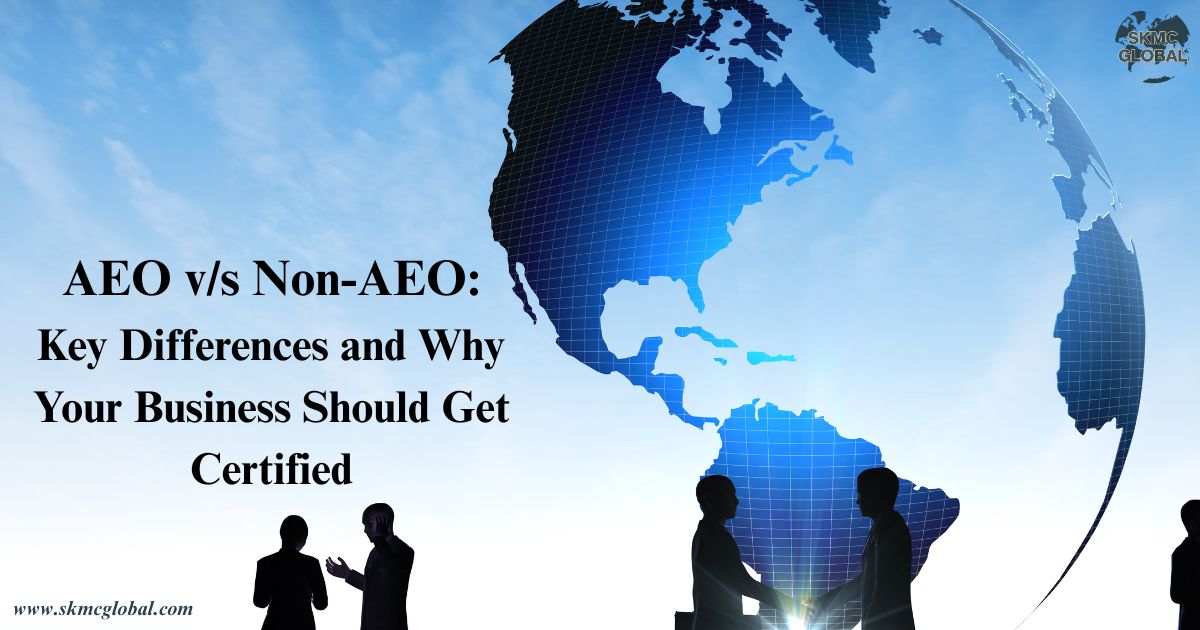
What’s AEO Certification, and Why Should Your Business Care?
In global trade, time is everything. A small delay at customs can hold up your shipments, bump up your costs, and even leave your customers waiting. Whether you’re bringing in materials or sending out orders, those extra hours can make a big difference to your business.
That’s where the Authorised Economic Operator (AEO) scheme comes in. Think of it as a fast-track pass from Indian Customs for businesses that consistently follow the rules. If your company is reliable, compliant, and serious about smooth international trade, AEO certification can make your customs experience faster, easier, and more efficient.
What Exactly is AEO?
The AEO (Authorized Economic Operator) scheme is India’s way of making international trade smoother and more business-friendly. It’s part of the country’s larger effort to boost the ease of doing business by building trust with reliable exporters and importers and giving them faster clearances and other trade benefits. It rewards companies that follow customs rules and maintain good internal systems. In return, they get priority treatment, fewer checks, and faster clearances at ports.
Think of it like a “Trusted Trader” badge. If your business is regularly involved in importing or exporting—and you’ve got a good track record of playing by the rules—you can apply for AEO status. Once you’re certified, you’ll unlock a bunch of benefits that make shipping quicker, cut down on paperwork, and keep your goods moving smoothly.
A Quick Look at Its Background
Earlier, there were two separate schemes—ACP (Accredited Client Programme) and the old AEO programme. In 2016, both were merged into a new, improved version through Circular No. 33/2016, bringing everything under one roof. The new scheme introduced a three-level certification system for traders and a separate one for logistics operators.
Types of AEO Certifications
| Type | Who Can Apply | Valid For | Benefits |
|---|---|---|---|
| AEO-T1 | Importers & Exporters | 3 Years | Basic privileges |
| AEO-T2 | Importers & Exporters(with verification) | 3 Years | Extra benefits |
| AEO-T3 | Long-term compliant traders | 5 Years | Maximum benefits |
| AEO-LO | Logistics providers (like CHA, freight forwarders) | 5 Years | Similar benefits |
AEO v/s Non-AEO – What’s the Real Difference?
Let’s say you and your competitor both import goods. You have AEO status, and they don’t. Now watch how things play out in real life:
- Customs Clearance:
You get the fast lane. Your goods are cleared quicker, while your competitor might be stuck waiting because their shipment is going through standard checks.
- Physical Inspections:
Your shipments are trusted, so they’re usually not opened unless there’s a solid reason. For a non-AEO, Customs might want to double-check more often.
- Paperwork:
As an AEO, you deal with less paperwork and fewer formalities. Everything’s streamlined. But a non-AEO has to go through the usual back-and-forth.
- Port Handling:
You can send goods straight from the port to your warehouse (DPD), or directly to the port for export (DPE). Others, They have to wait in line, maybe pay extra for storage.
- Refunds & Benefits:
AEOs get quicker refunds—IGST, duty drawbacks, etc. You don’t have to follow up again and again. Non-AEOs usually face delays.
- Duty Payments:
If you're AEO-T2 or T3, you can clear goods now and pay duties later. That’s great for cash flow. Non-AEOs don’t have that flexibility—they must pay first.
- International Perks:
With AEO status, you’re recognised by customs in other countries too (through Mutual Recognition Agreements). So even abroad, your shipments are trusted. Non-AEOs, They start from scratch in every country.
- Trust Factor:
Customs sees AEOs as reliable businesses—less risk, less scrutiny. Non-AEOs are treated like regular traders and don’t enjoy the same level of trust.
Major Benefits of AEO Certification
If you’re wondering whether the AEO certificate is worth it—here’s what you get:
1. Faster Clearances
If you're an AEO-certified exporter, you don’t always have to wait for the government to approve your Standard Input Output Norms (SION). In many cases, you can declare these norms yourself, which makes the export process quicker and more flexible.
- Self-Declaration of SION
- Direct Port Delivery (DPD)
2. Direct Port Entry (DPE)
3. Deferred Duty Payment
4. Global Recognition
5. Priority in Refunds and Disputes
You’ll get faster IGST refunds, duty drawback, and speedier resolution of disputes.
Final Thoughts
Let’s face it—dealing with customs can sometimes feel like a waiting game. But if your business is serious about trading internationally and you’ve built a solid track record, why not make that process smoother?
That’s exactly what the AEO certification does. It’s not just some fancy title—it’s proof that your business is trusted by Customs. And with that trust comes real, practical perks: faster clearances, fewer checks, and way less paperwork.
Whether you're running a manufacturing unit, handling shipments, or exporting goods overseas, becoming an AEO can take a lot of the stress out of the process. You focus on growing your business, and let Customs fast-track the rest.
Recent Posts
-
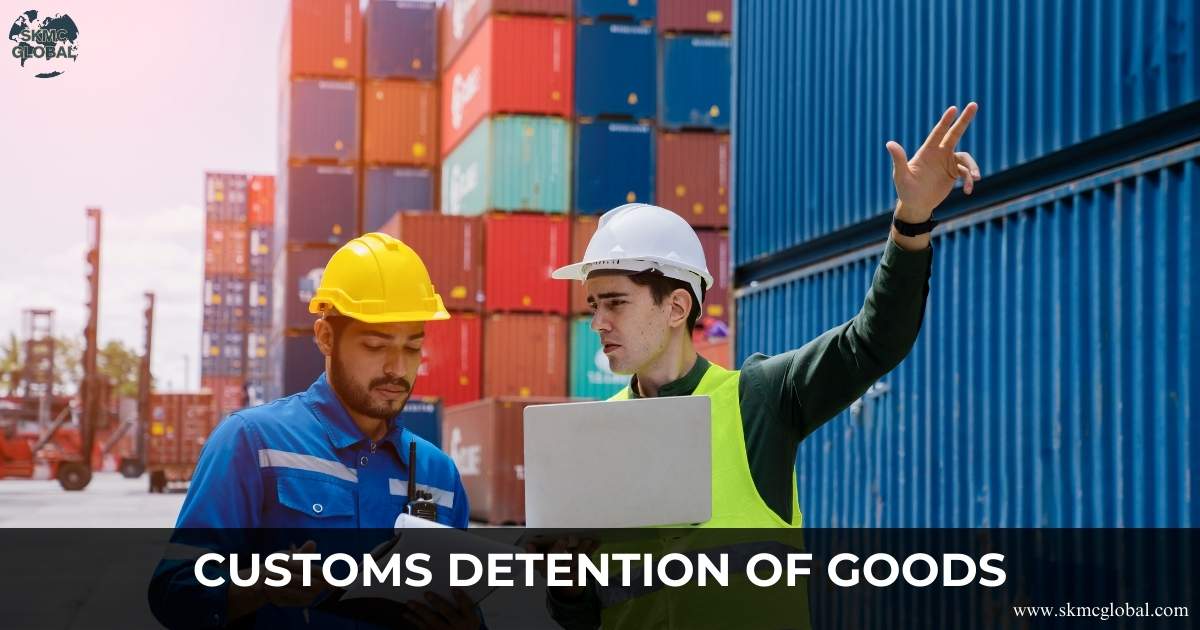 Customs Detention of Goods: How It Works, Demurrag...
Dec 16,2025
Customs Detention of Goods: How It Works, Demurrag...
Dec 16,2025
-
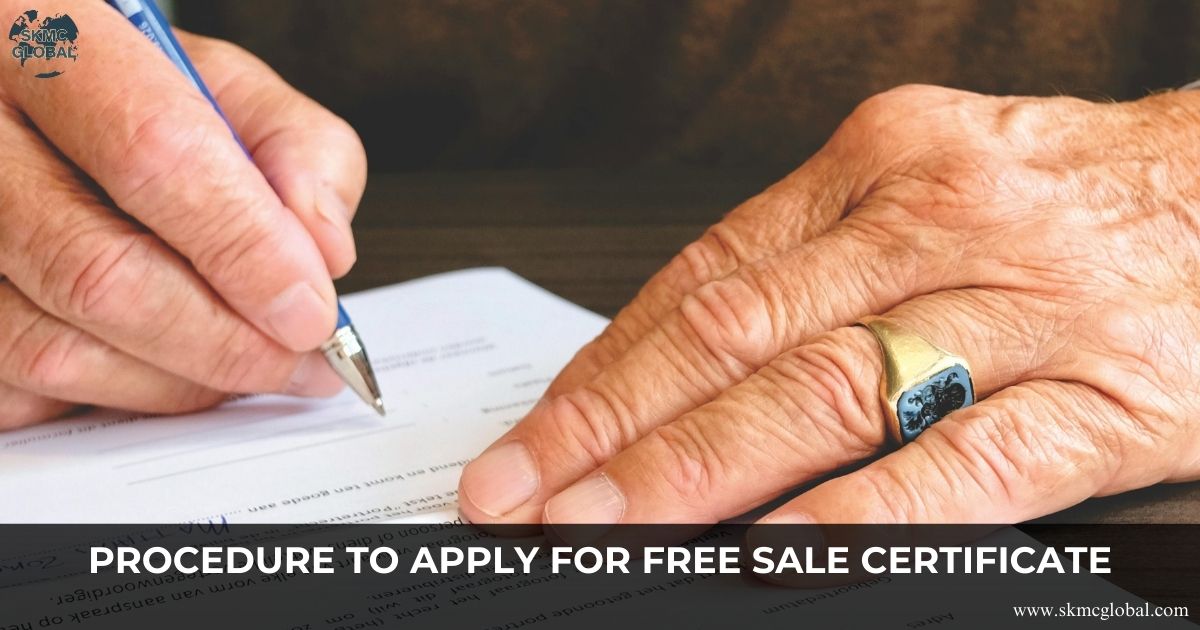 Procedure to Apply for Free Sale Certificate...
Dec 05,2025
Procedure to Apply for Free Sale Certificate...
Dec 05,2025
-
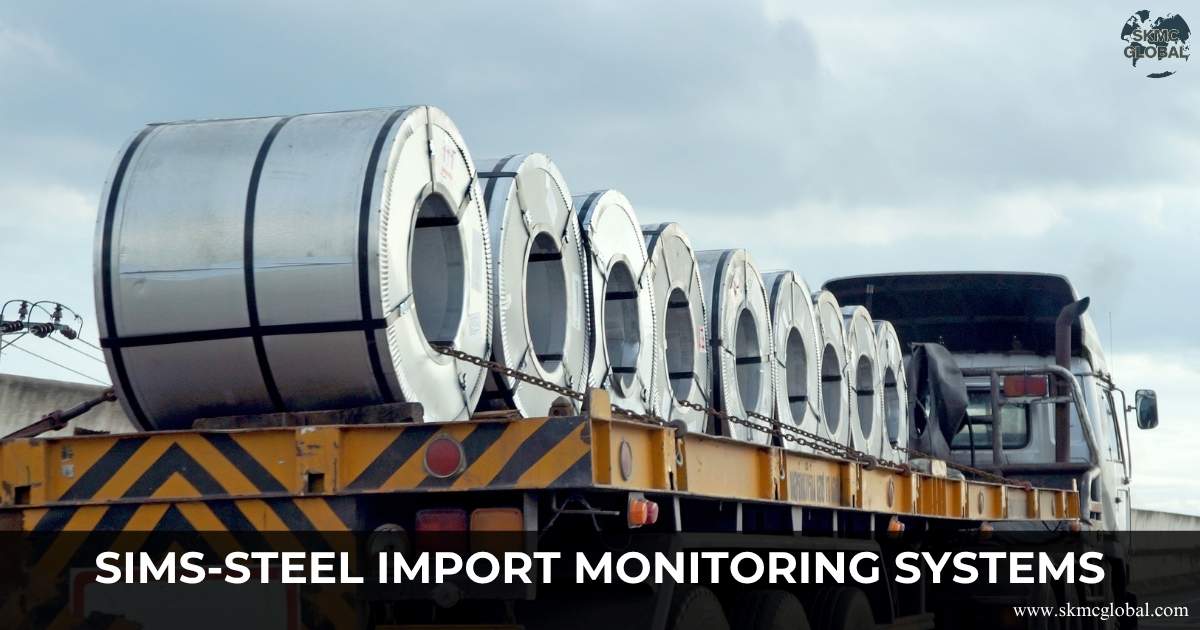 What is SIMS and When It Is Required?...
Nov 10,2025
What is SIMS and When It Is Required?...
Nov 10,2025
-
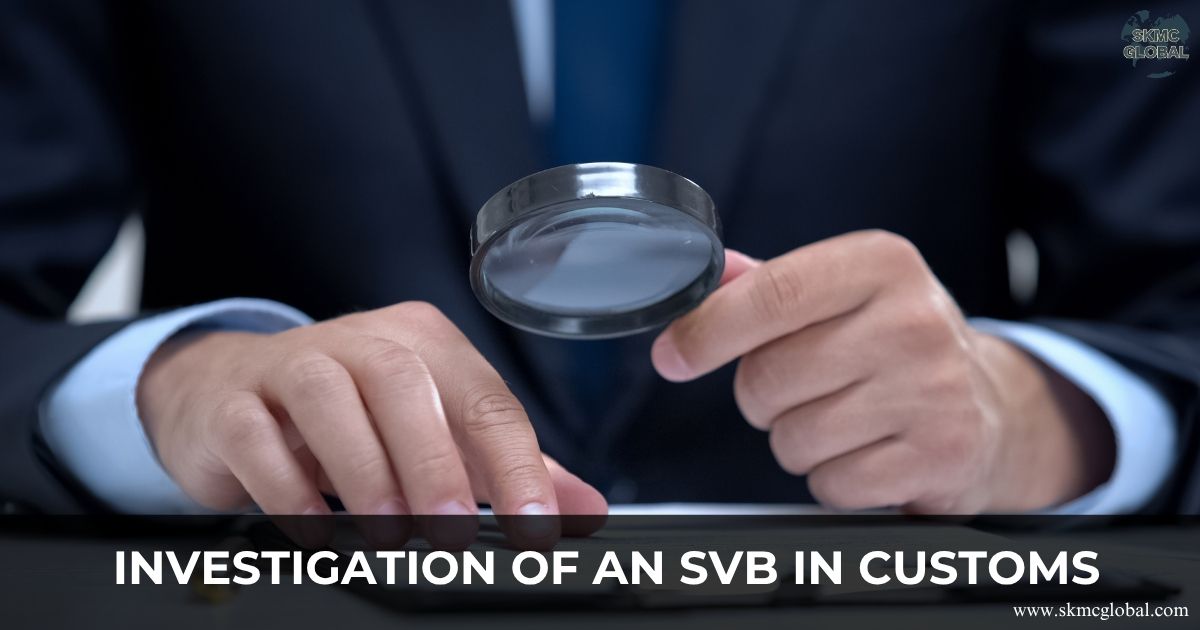 What if your SVB investigation does not satisfy cu...
Nov 04,2025
What if your SVB investigation does not satisfy cu...
Nov 04,2025
-
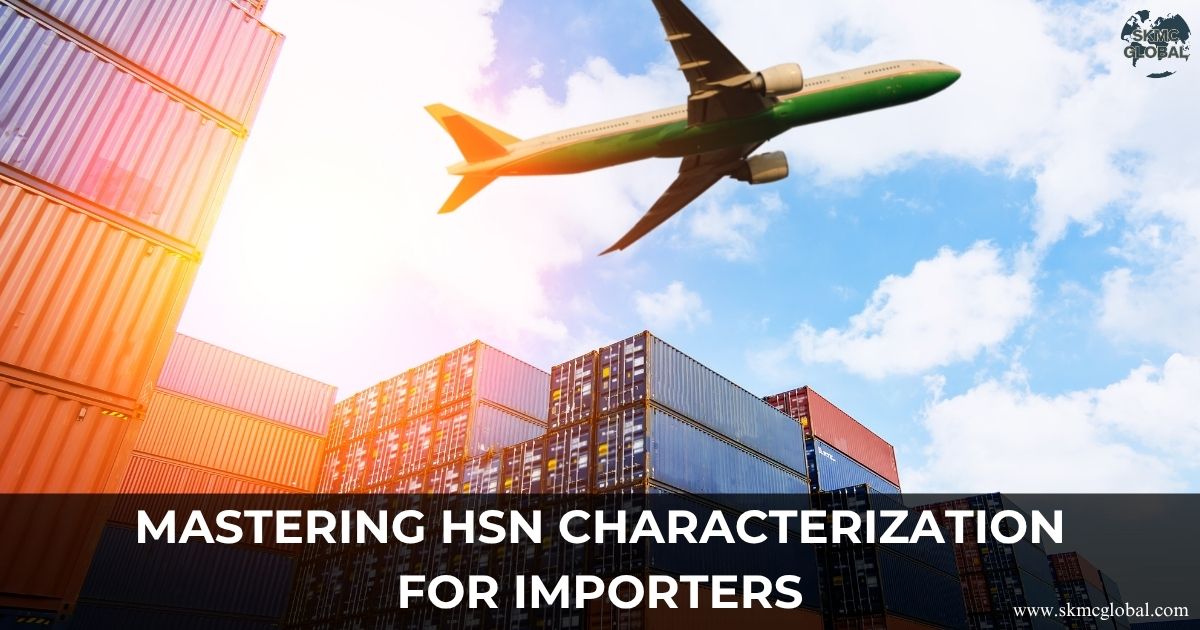 Mastering HSN Characterization for Importers...
Oct 29,2025
Mastering HSN Characterization for Importers...
Oct 29,2025
-
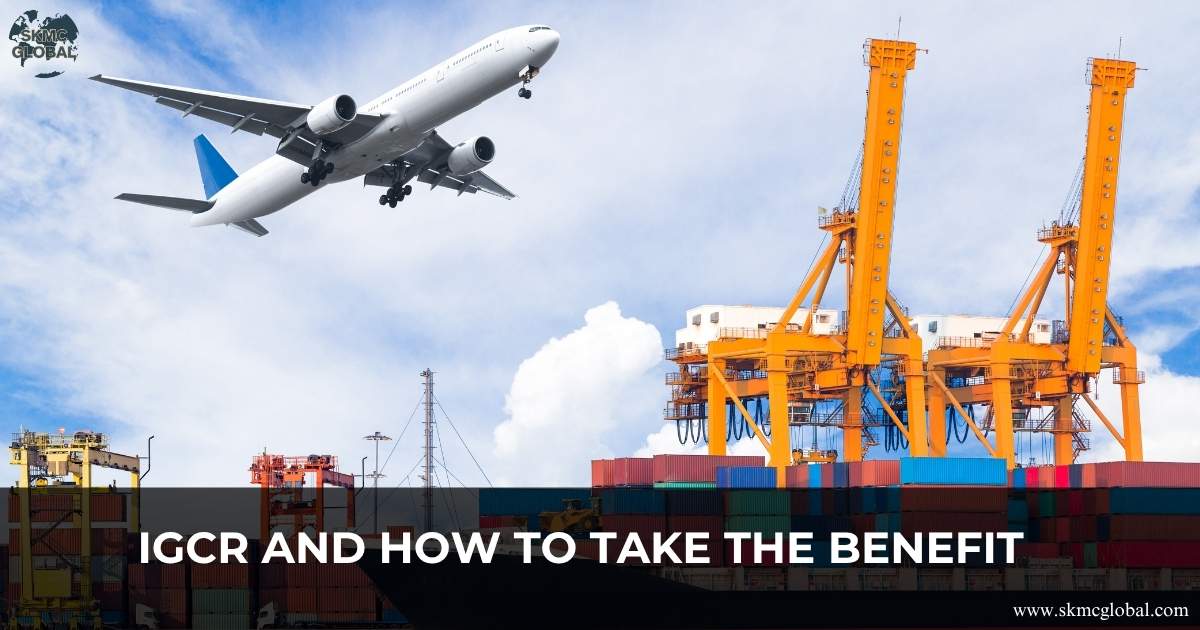 What is IGCR and How to Take the Benefit?...
Oct 18,2025
What is IGCR and How to Take the Benefit?...
Oct 18,2025
-
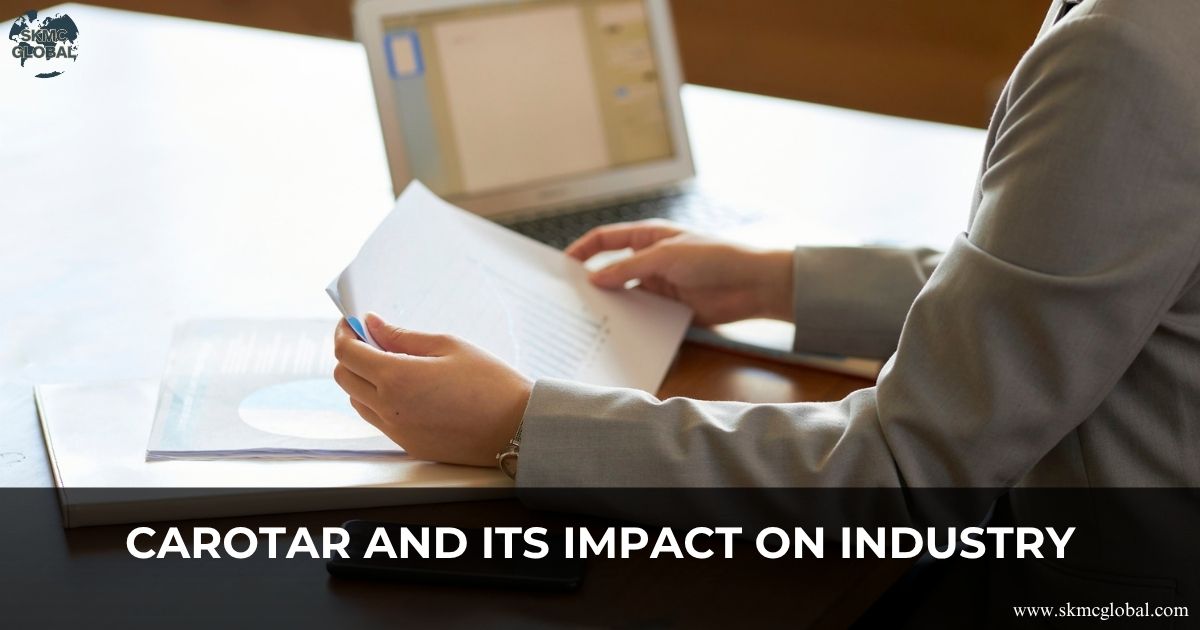 What is CAROTAR and Its Impact on Industry?...
Oct 15,2025
What is CAROTAR and Its Impact on Industry?...
Oct 15,2025
-
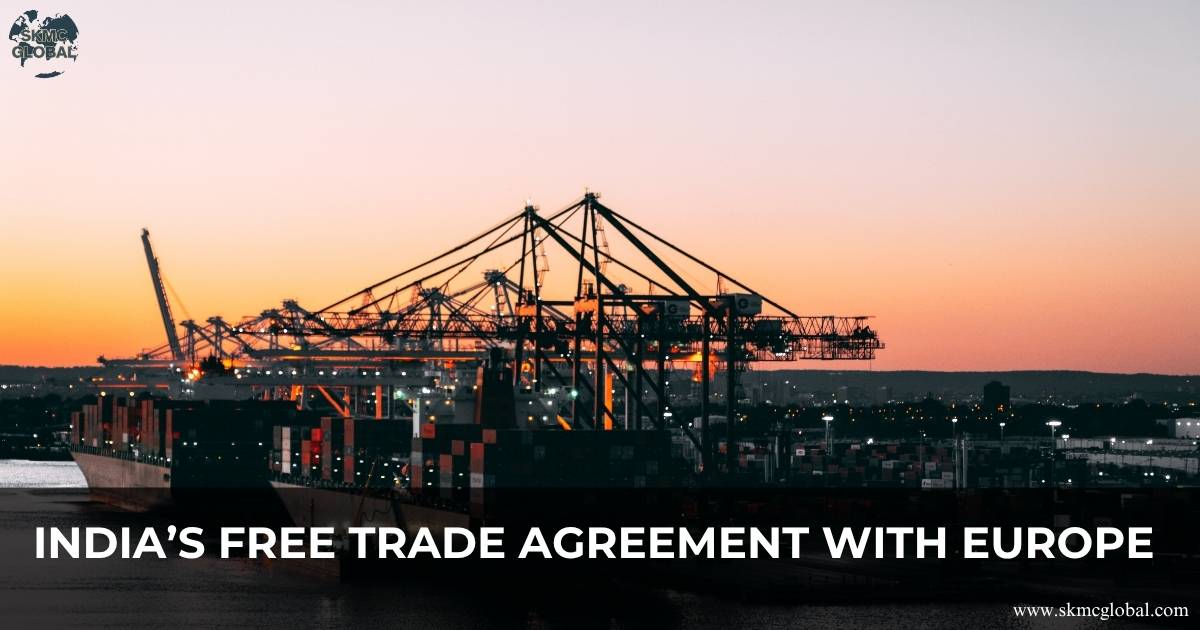 India’s Free Trade Agreement with Europe ...
Oct 14,2025
India’s Free Trade Agreement with Europe ...
Oct 14,2025
-
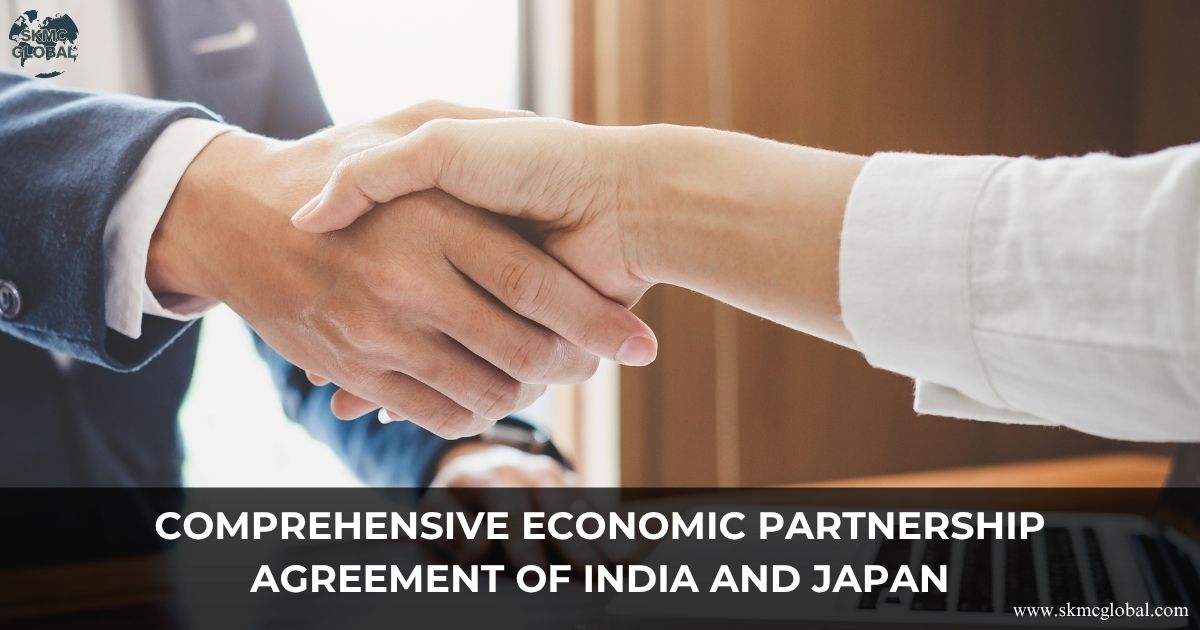 Comprehensive Economic Partnership Agreement of In...
Oct 13,2025
Comprehensive Economic Partnership Agreement of In...
Oct 13,2025
-
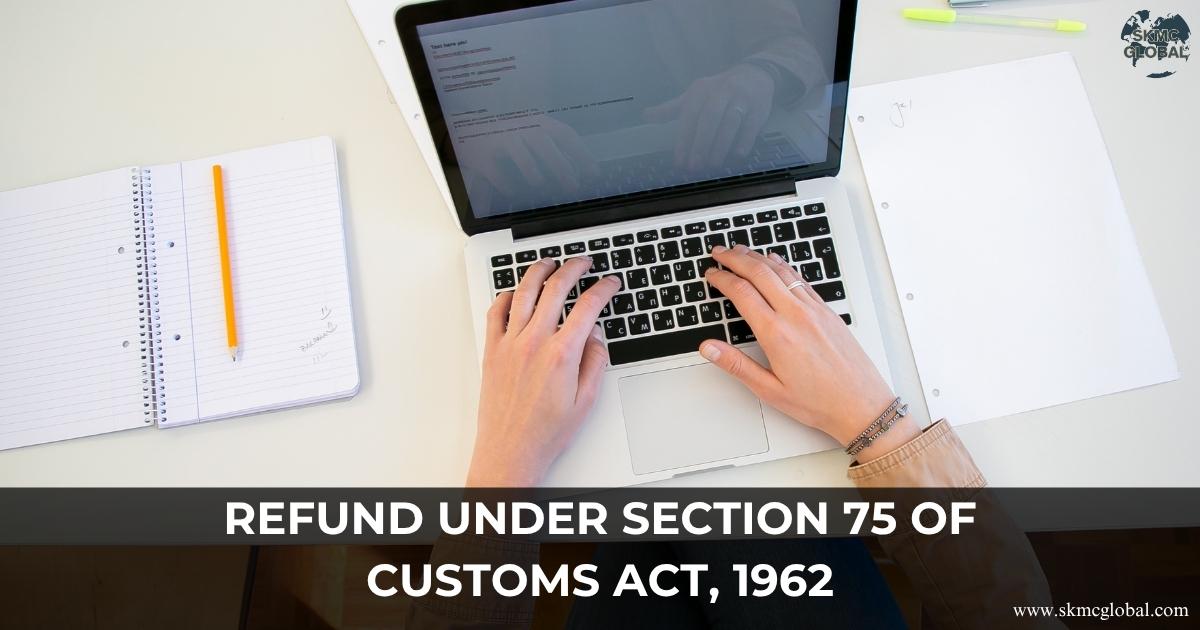 Refund under Section 75 of Customs Act, 1962...
Oct 11,2025
Refund under Section 75 of Customs Act, 1962...
Oct 11,2025
-
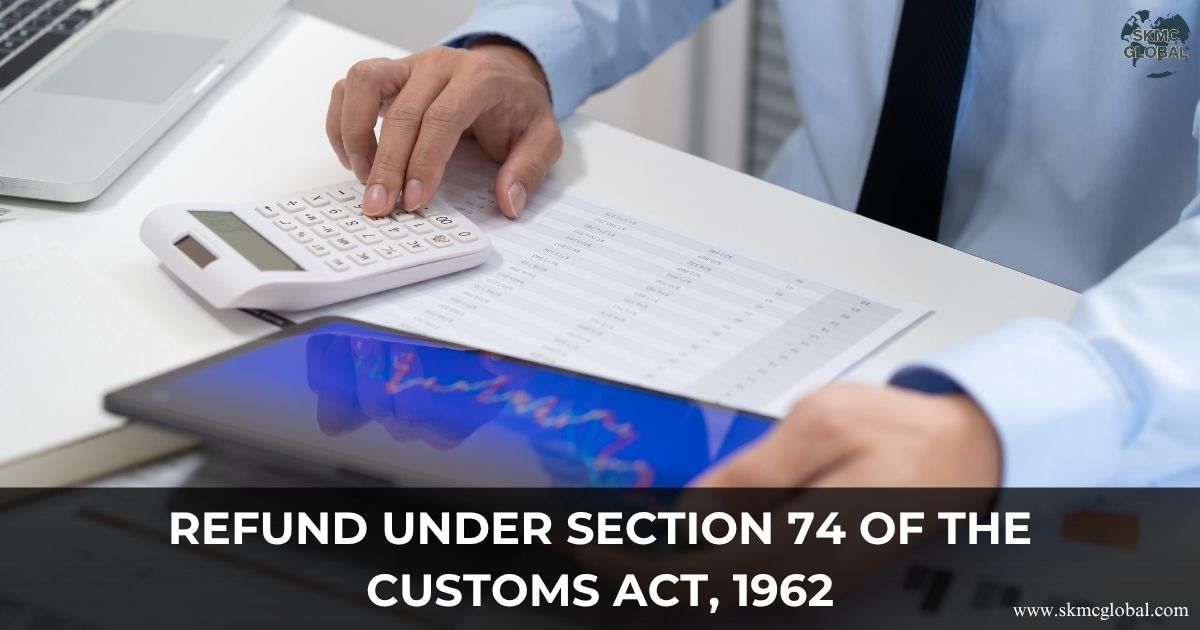 Refund under Section 74 of the Customs Act, 1962...
Oct 10,2025
Refund under Section 74 of the Customs Act, 1962...
Oct 10,2025
-
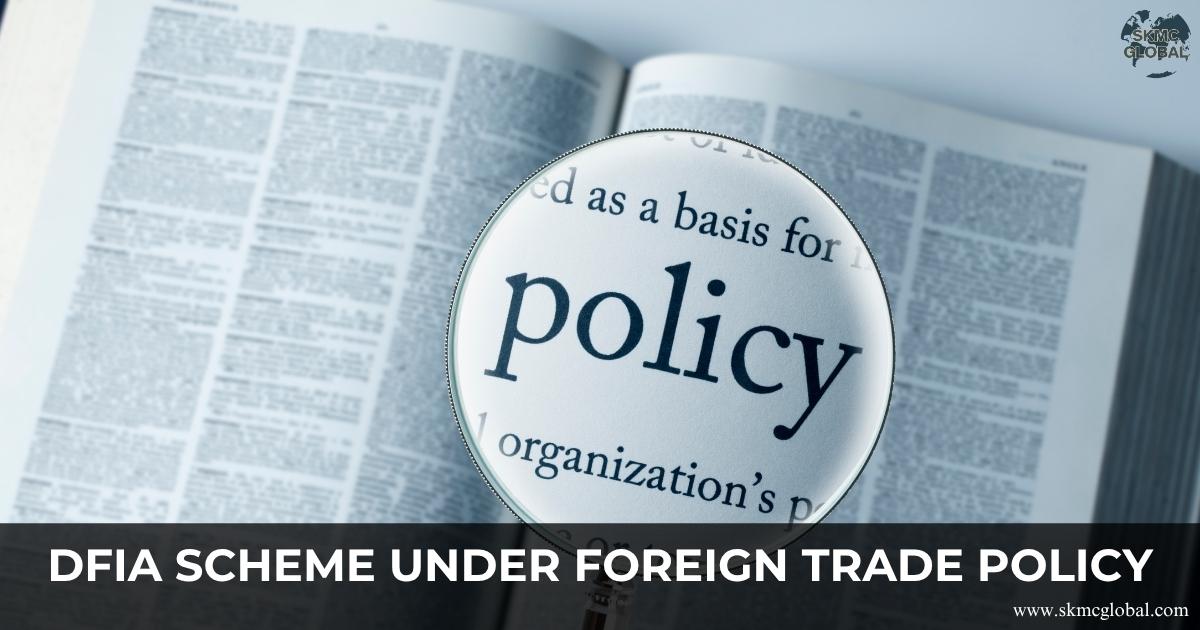 All About DFIA Scheme under Foreign Trade Policy...
Oct 07,2025
All About DFIA Scheme under Foreign Trade Policy...
Oct 07,2025
-
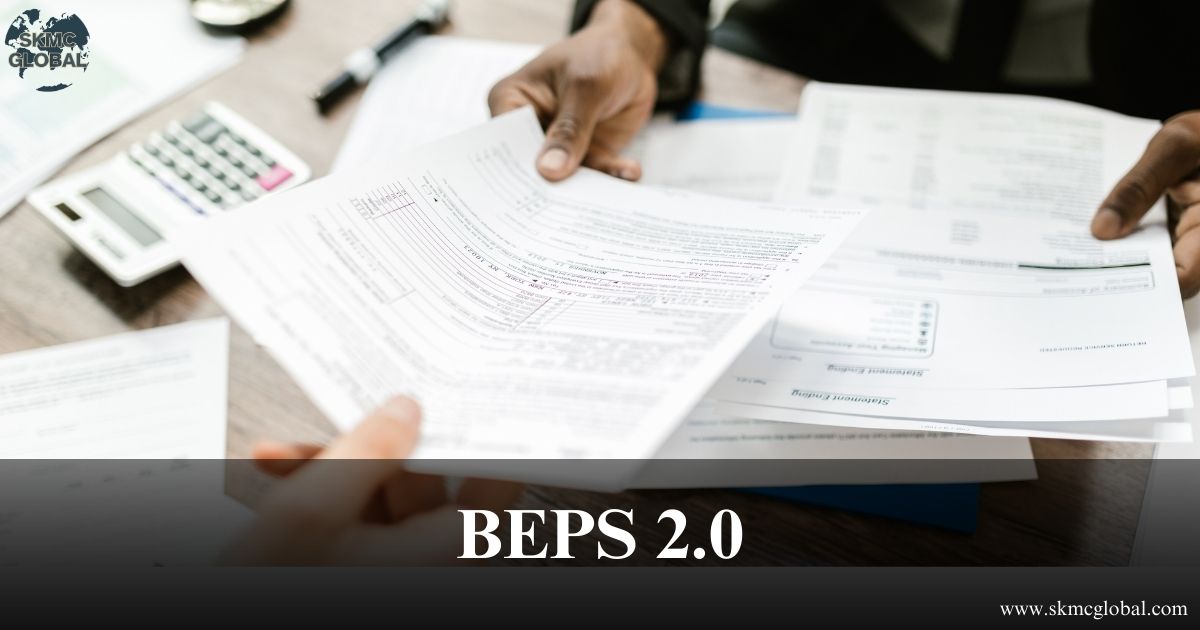 Navigating BEPS 2.0: Pillar One & Pillar Two in Tr...
Aug 16,2025
Navigating BEPS 2.0: Pillar One & Pillar Two in Tr...
Aug 16,2025
-
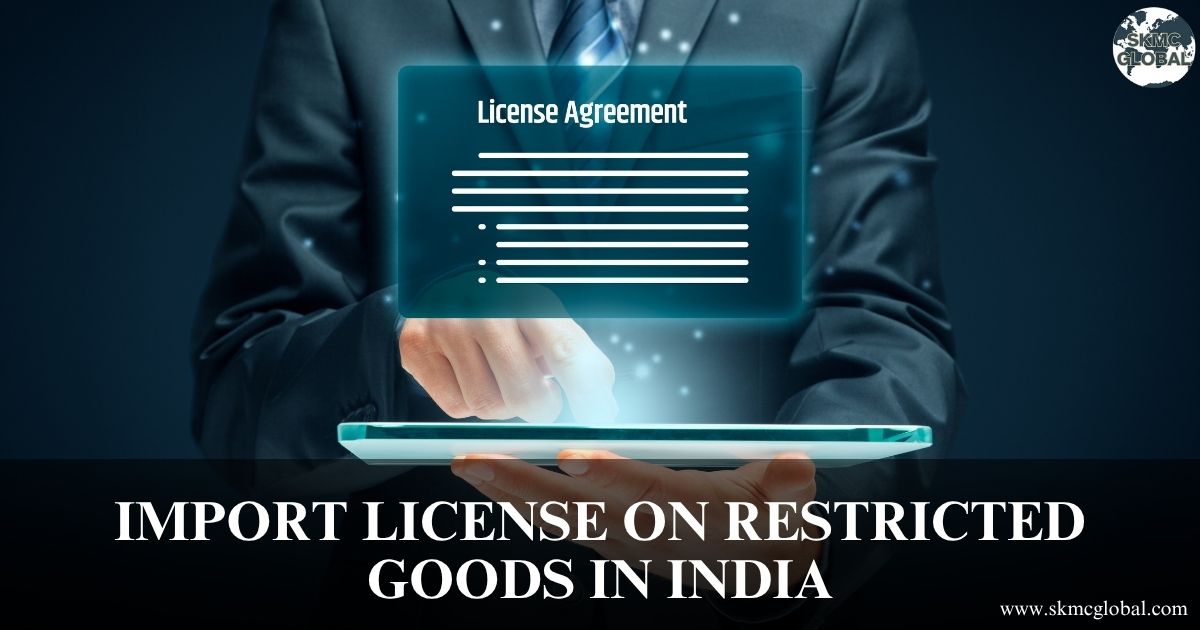 Import license on restricted goods in india...
Aug 07,2025
Import license on restricted goods in india...
Aug 07,2025
-
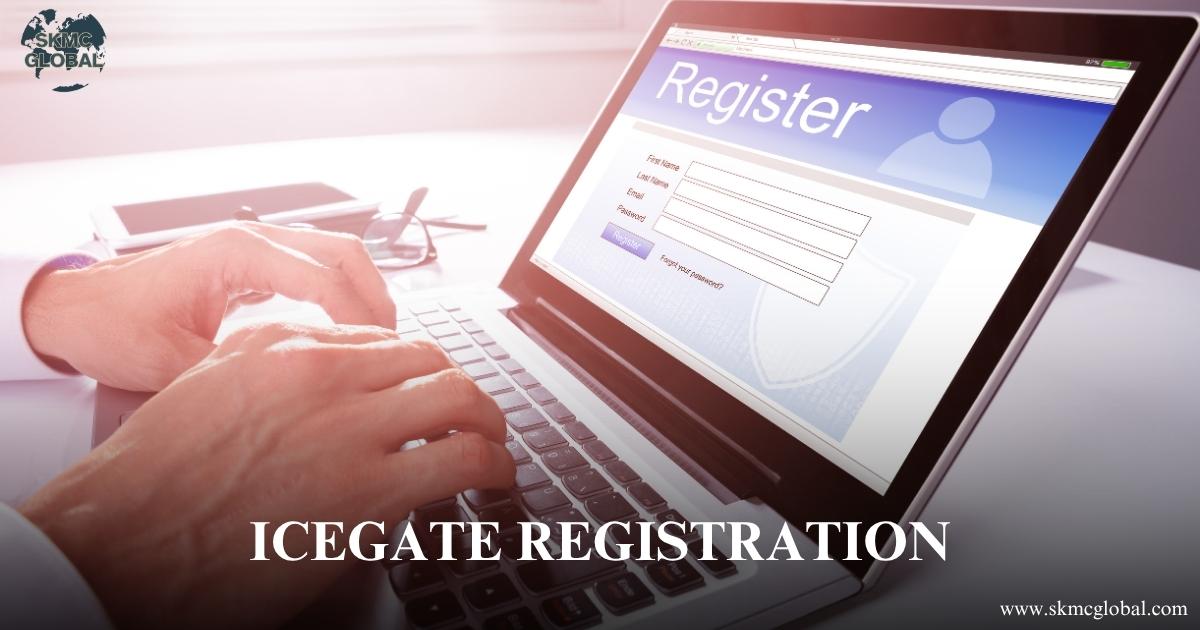 Procedure to take ICEGATE Registration...
Aug 06,2025
Procedure to take ICEGATE Registration...
Aug 06,2025
-
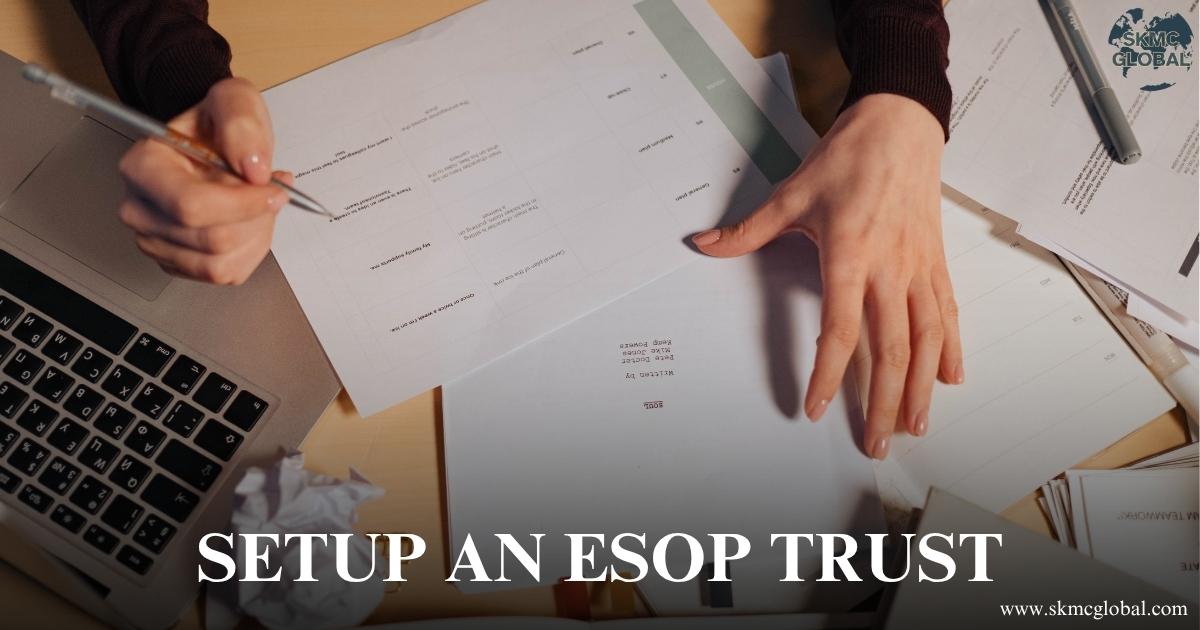 Procedure to setup an ESOP Trust...
Aug 01,2025
Procedure to setup an ESOP Trust...
Aug 01,2025
-
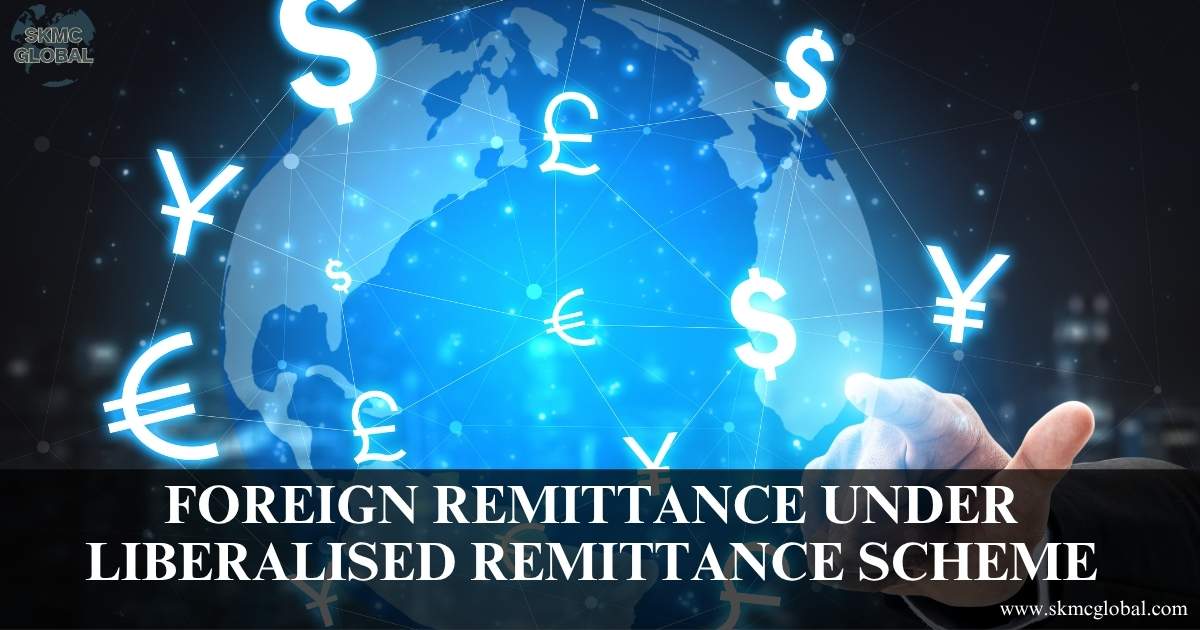 Foreign Remittance under liberalised remittance Sc...
Jul 30,2025
Foreign Remittance under liberalised remittance Sc...
Jul 30,2025
-
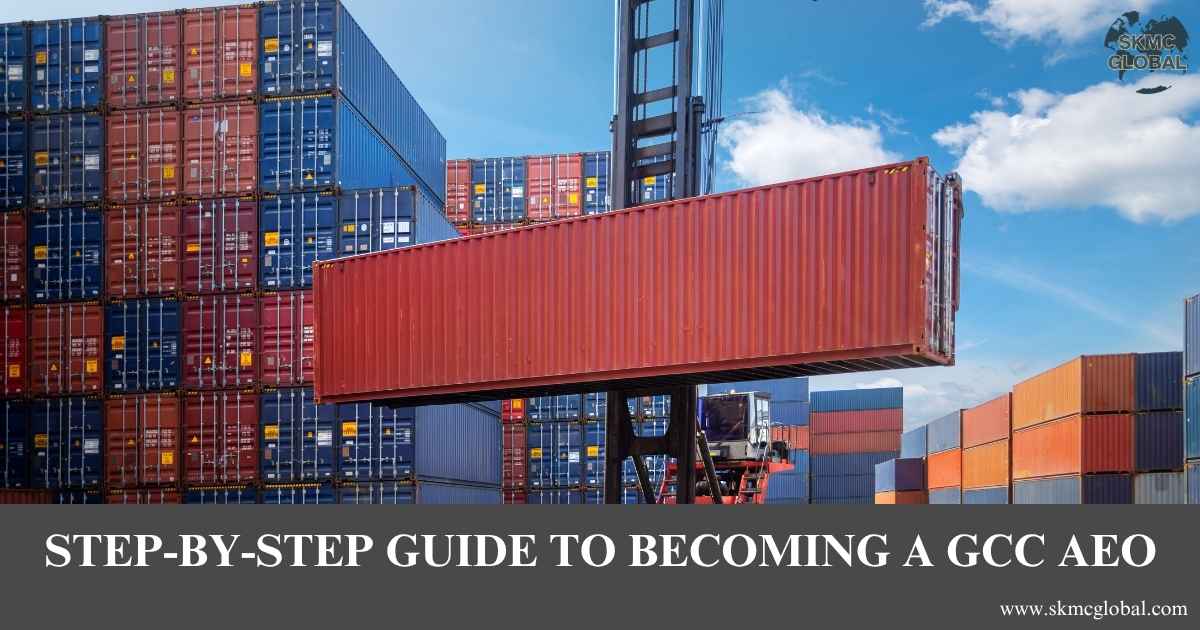 A Step-by-Step Guide to Becoming a GCC AEO...
Jul 18,2025
A Step-by-Step Guide to Becoming a GCC AEO...
Jul 18,2025
-
 Role of Mutual Recognition Agreements under AEO an...
Jul 14,2025
Role of Mutual Recognition Agreements under AEO an...
Jul 14,2025
-
 What is Anti Dumping Duty investigation and its pr...
Jul 09,2025
What is Anti Dumping Duty investigation and its pr...
Jul 09,2025
-
 Annual return requirement under RoDTEP scheme of D...
Jul 09,2025
Annual return requirement under RoDTEP scheme of D...
Jul 09,2025
-
 EPCG Registration: A Step by step Guide for Indian...
Jul 08,2025
EPCG Registration: A Step by step Guide for Indian...
Jul 08,2025
-
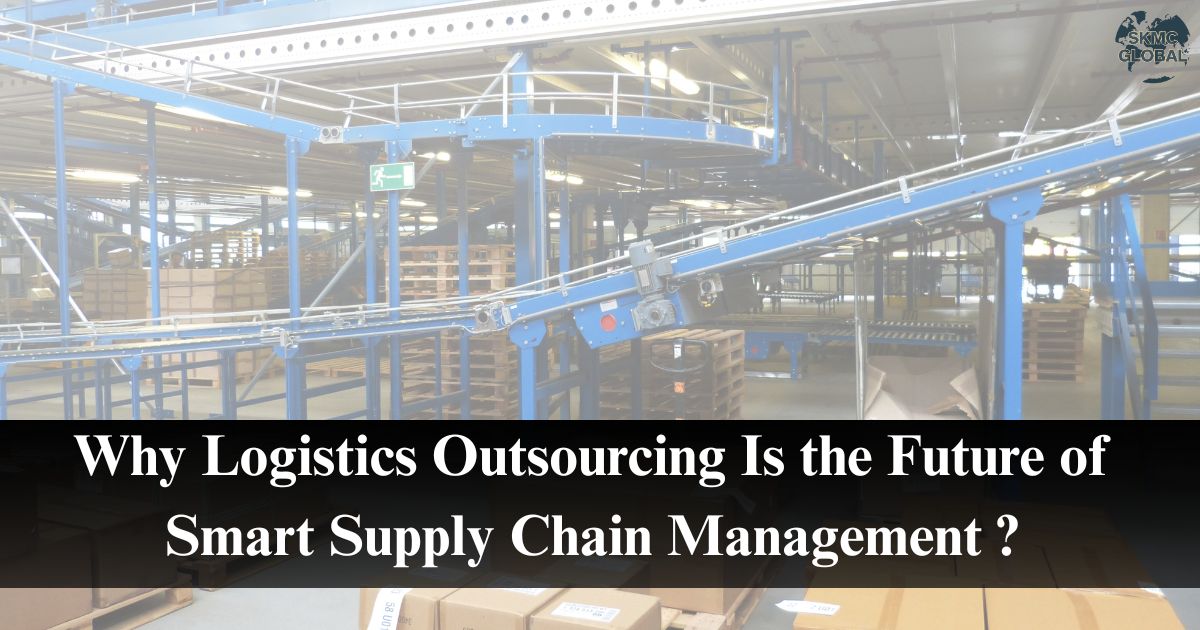 Why Logistics Outsourcing Is the Future of Smart S...
Jun 02,2025
Why Logistics Outsourcing Is the Future of Smart S...
Jun 02,2025
-
 India's Foreign Trade Agreement and Investment Tre...
May 31,2025
India's Foreign Trade Agreement and Investment Tre...
May 31,2025
-
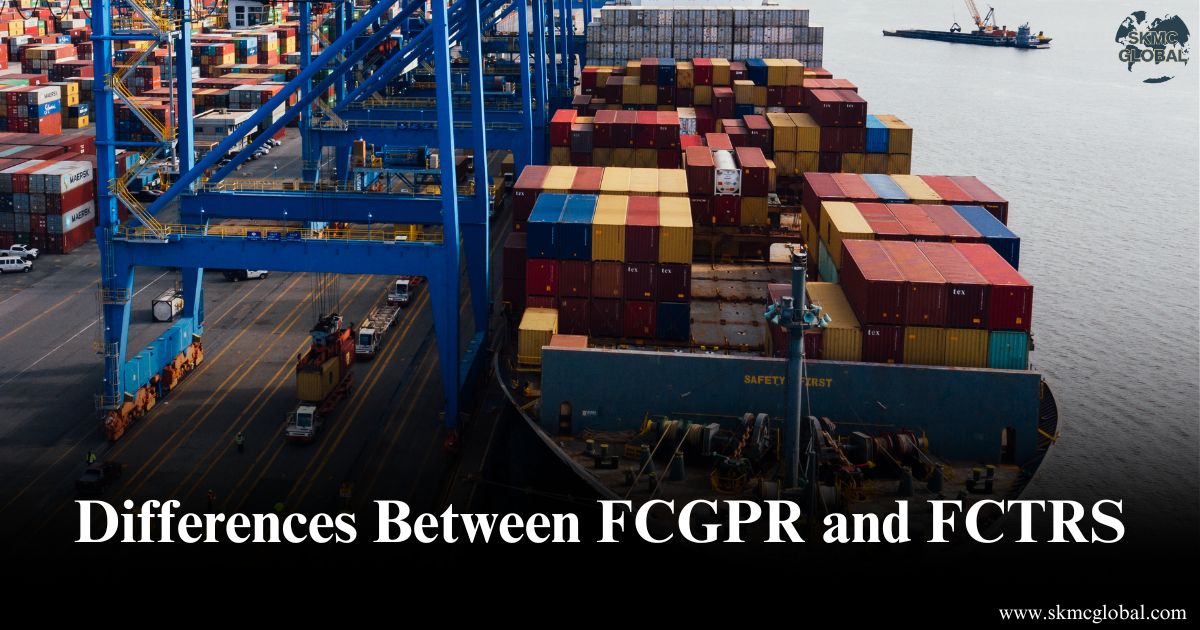 Differences Between FCGPR and FCTRS:A Comprehensiv...
May 28,2025
Differences Between FCGPR and FCTRS:A Comprehensiv...
May 28,2025
-
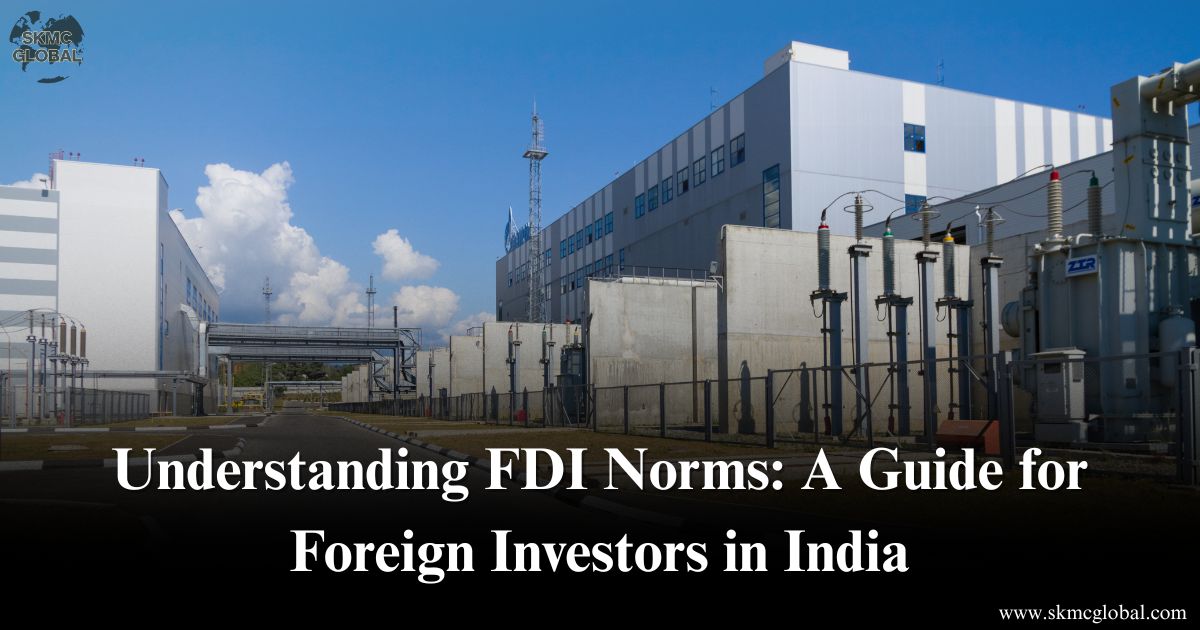 Understanding FDI Norms- A Guide for Foreign Inves...
May 29,2025
Understanding FDI Norms- A Guide for Foreign Inves...
May 29,2025
-
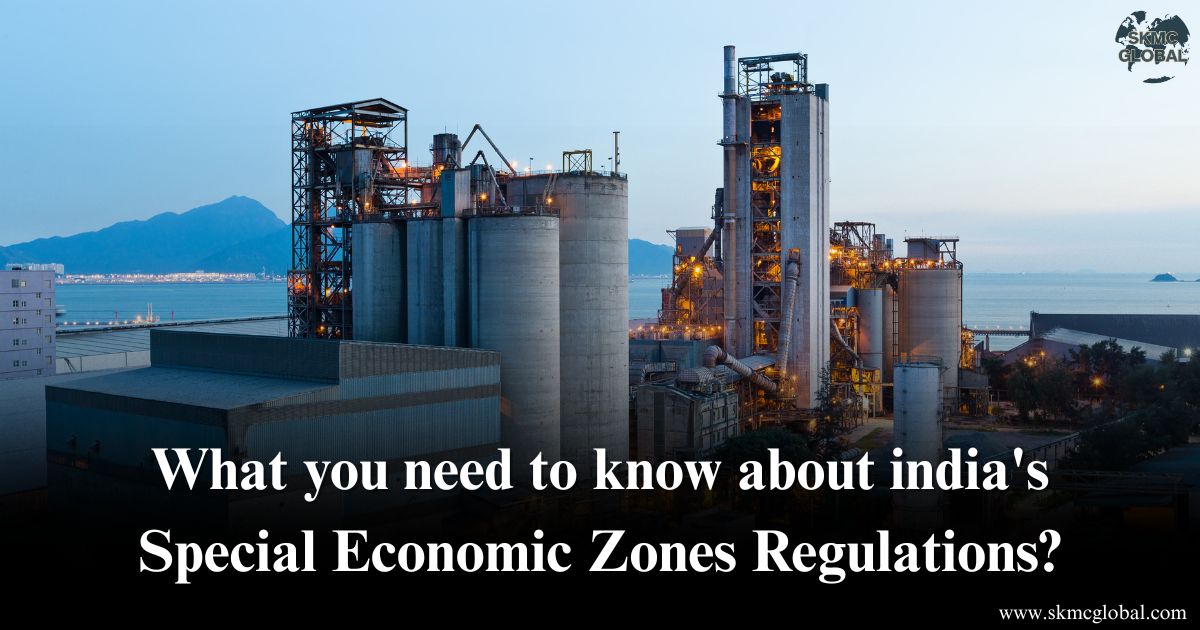 What you need to know about india's special econom...
May 27,2025
What you need to know about india's special econom...
May 27,2025
-
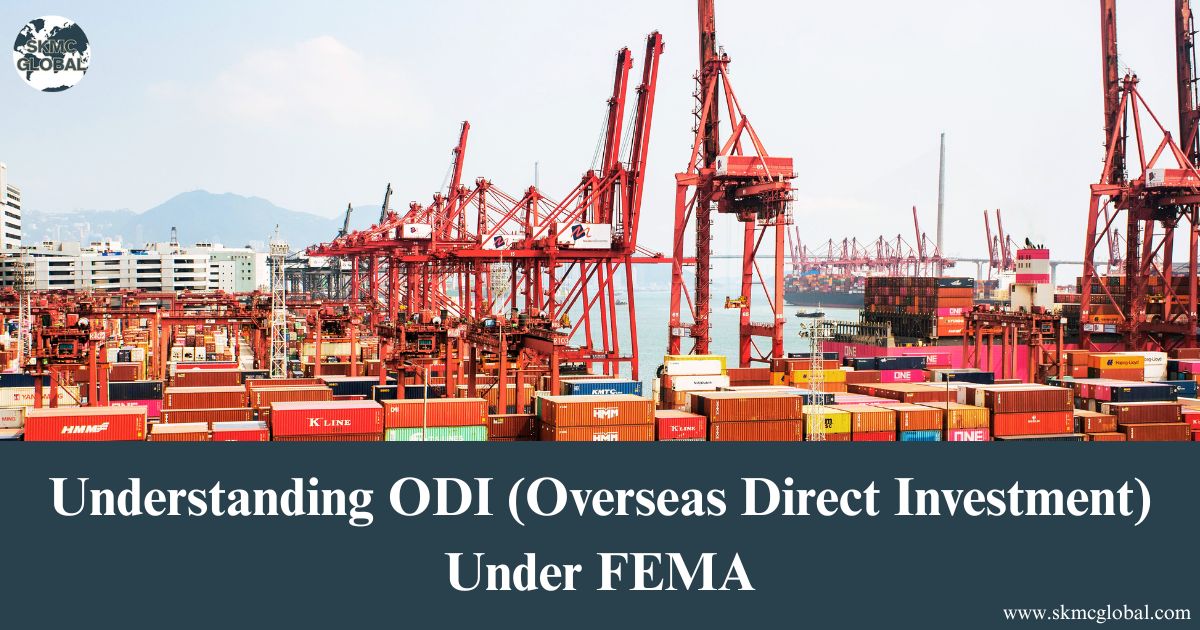 Understanding ODI (Overseas Direct Investment) Und...
May 26,2025
Understanding ODI (Overseas Direct Investment) Und...
May 26,2025
-
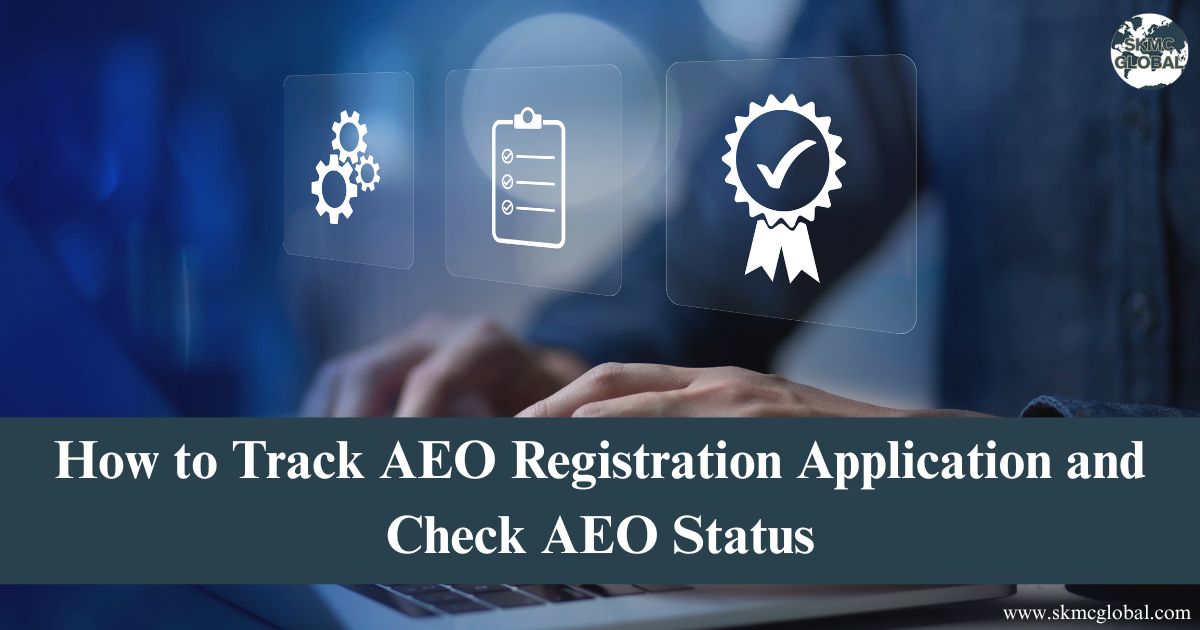 How to Track AEO Registration Application and Chec...
May 22,2025
How to Track AEO Registration Application and Chec...
May 22,2025
-
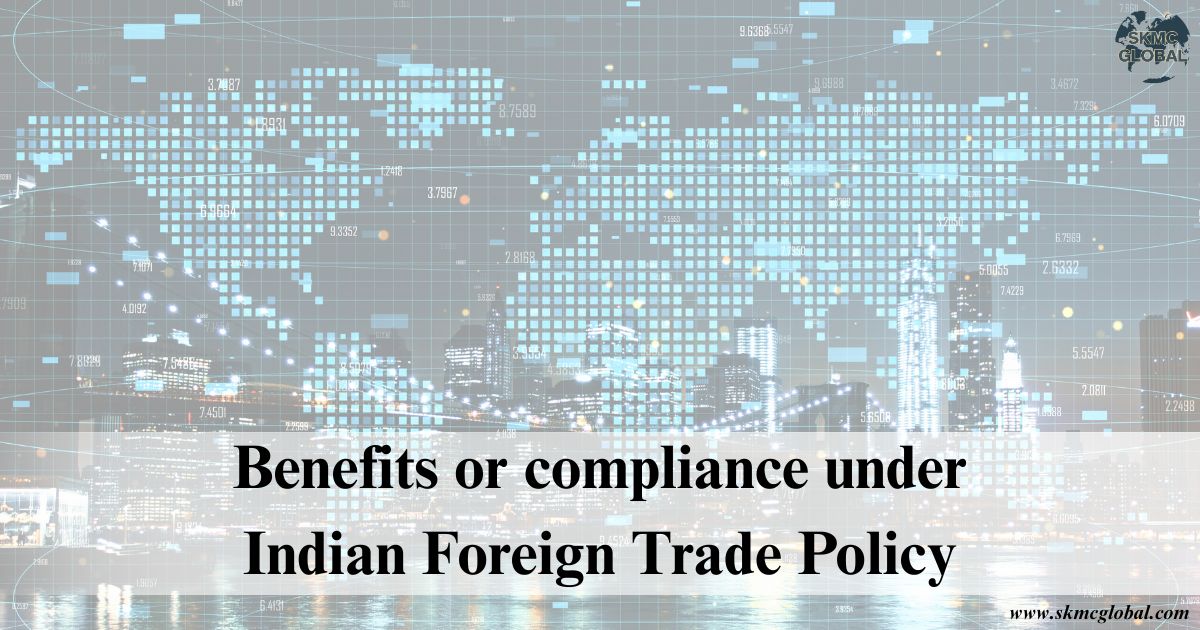 Benefits or compliance under Indian Foreign Trade ...
May 20,2025
Benefits or compliance under Indian Foreign Trade ...
May 20,2025
-
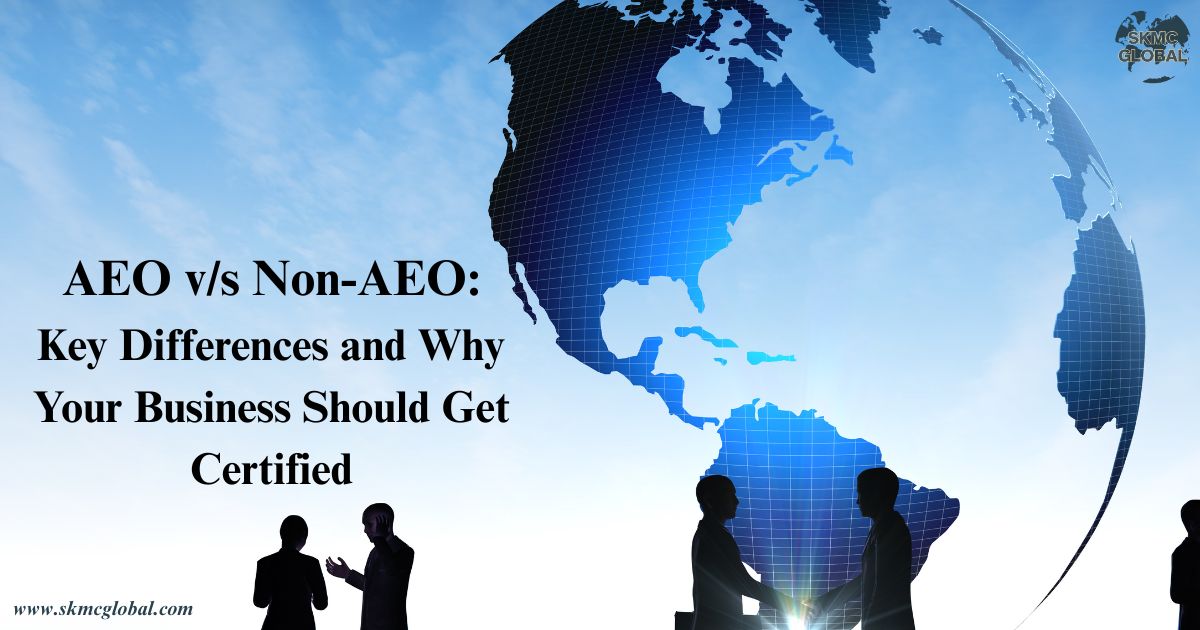 AEO v/s Non-AEO: Key Differences and Why Your Busi...
May 19,2025
AEO v/s Non-AEO: Key Differences and Why Your Busi...
May 19,2025
-
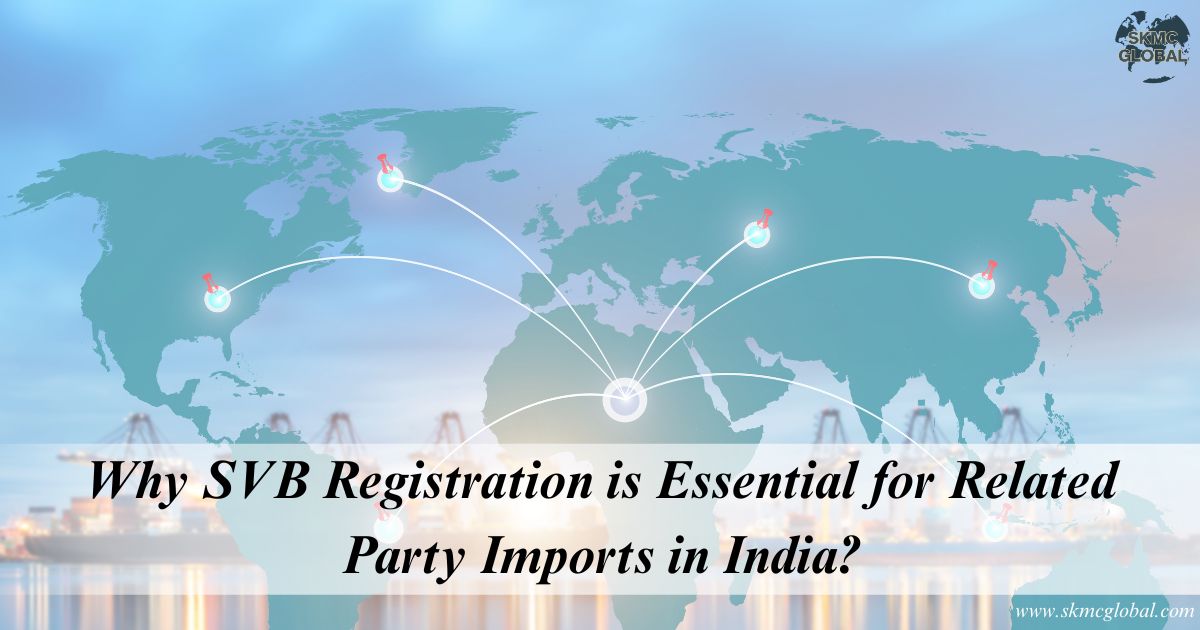 Why SVB Registration is Essential for Related Part...
May 19,2025
Why SVB Registration is Essential for Related Part...
May 19,2025
-
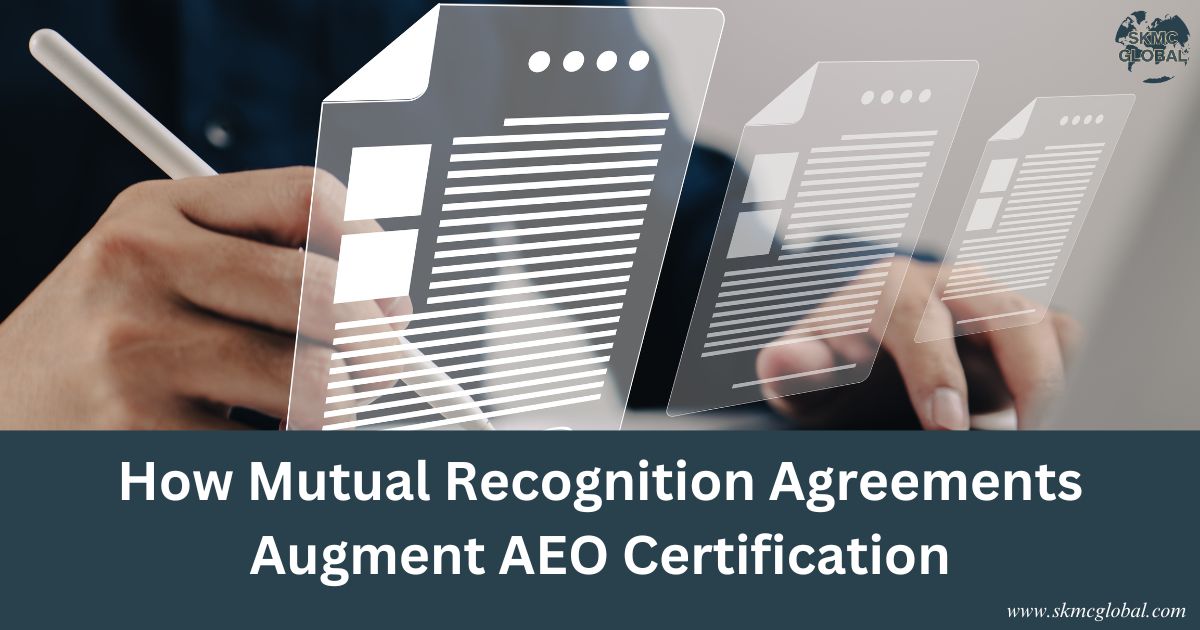 How Mutual Recognition Agreements Augment AEO Cert...
May 15,2025
How Mutual Recognition Agreements Augment AEO Cert...
May 15,2025
-
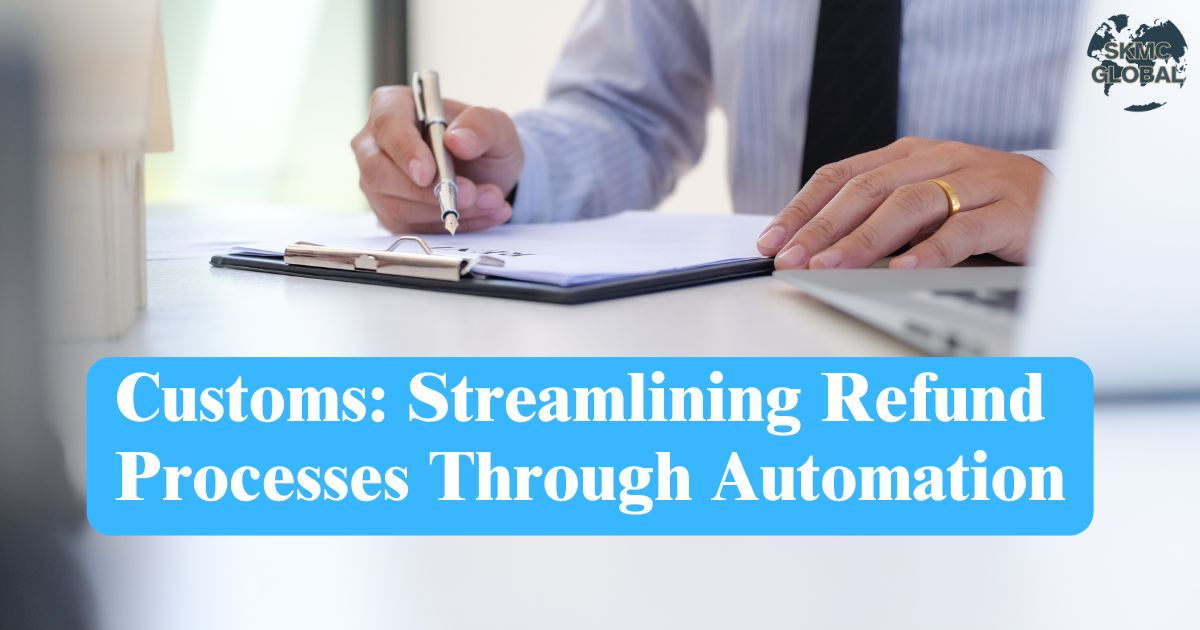 Customs Streamlining Refund Processes Through Auto...
Mar 17,2025
Customs Streamlining Refund Processes Through Auto...
Mar 17,2025
-
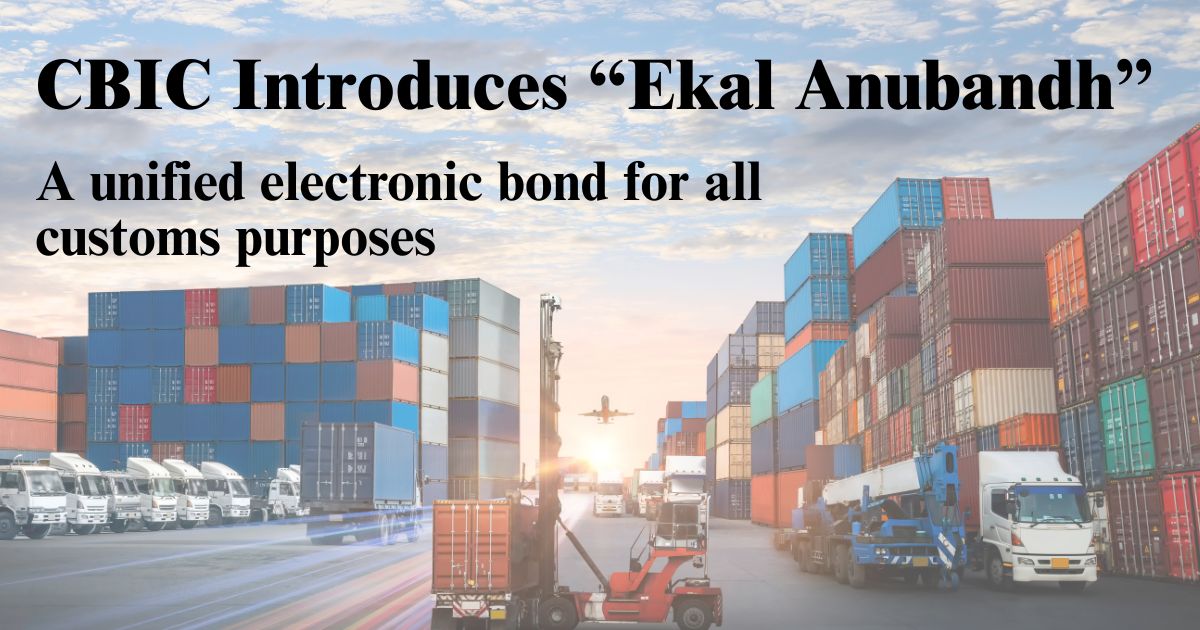 Ekal Anubandh-Single Unified Multi-Purpose Electro...
Mar 06,2025
Ekal Anubandh-Single Unified Multi-Purpose Electro...
Mar 06,2025
-
 Revised guidelines on SVB assessment and its speed...
Aug 26,2021
Revised guidelines on SVB assessment and its speed...
Aug 26,2021
-
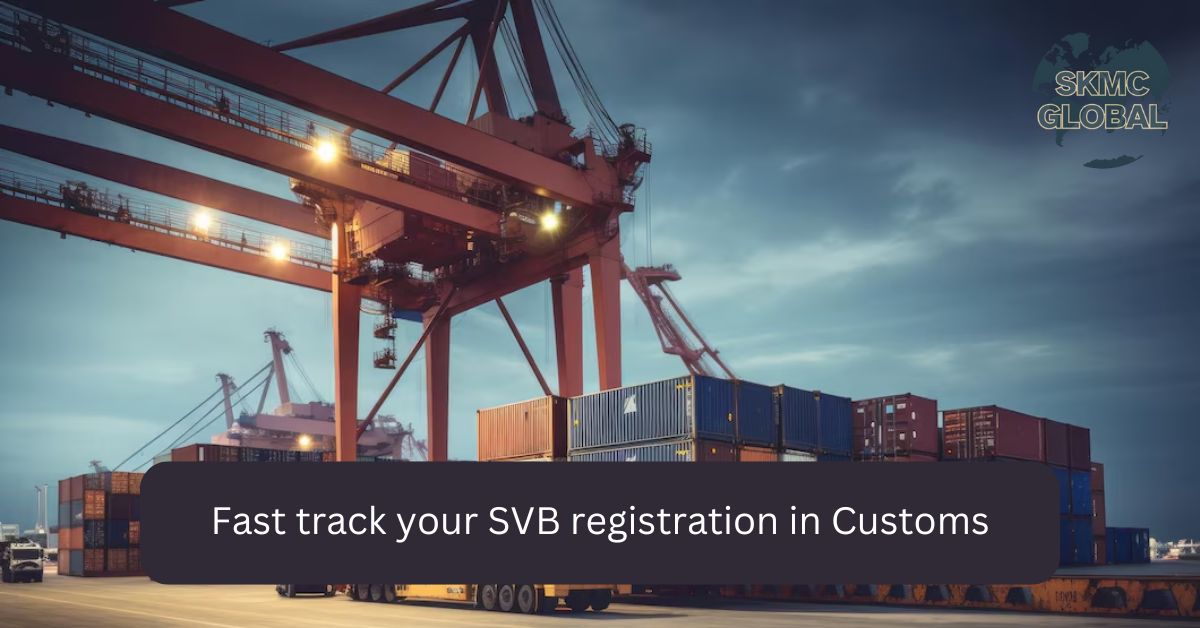 5 ways about how you can fast track your SVB regis...
Jul 21,2021
5 ways about how you can fast track your SVB regis...
Jul 21,2021
-
 AEO Registration in UAE...
Nov 16,2021
AEO Registration in UAE...
Nov 16,2021
